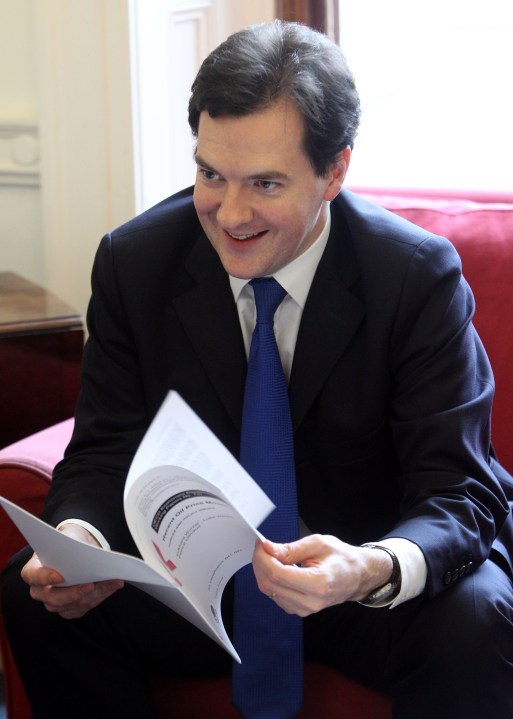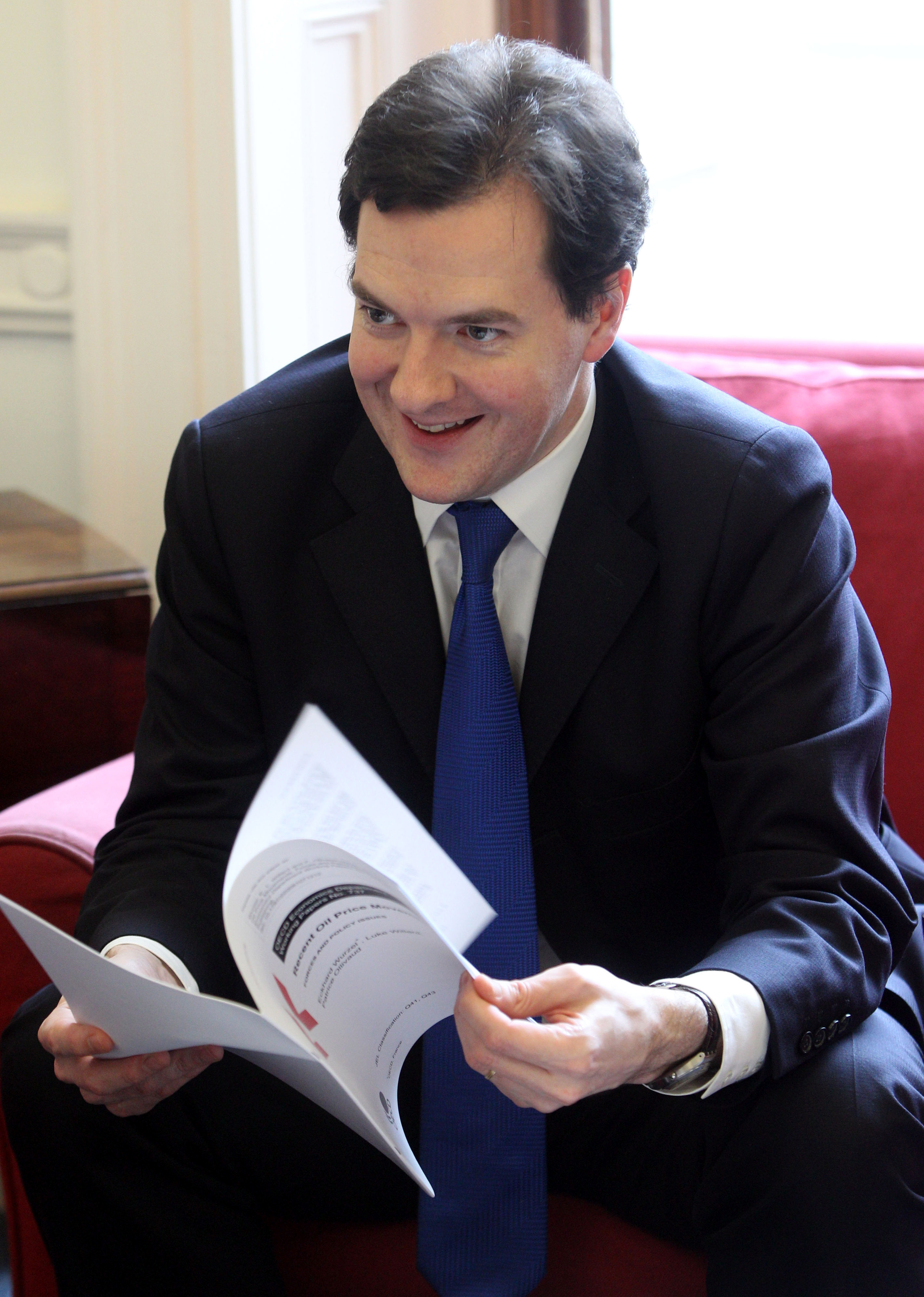 So where were these 20 economists when Gordon Brown first set the 50p trap for George Osborne? Then, Brown’s gamble was that the Shadow
Chancellor was a political strategist with little interest or expertise in economics, so he’d be unlikely to work out just how much the 50p tax would lose the Exchequer, or guess it could be more
than £3 billion a year – with further, less calculable damage on Britain’s reputation as a home for entrepreneurs.
So where were these 20 economists when Gordon Brown first set the 50p trap for George Osborne? Then, Brown’s gamble was that the Shadow
Chancellor was a political strategist with little interest or expertise in economics, so he’d be unlikely to work out just how much the 50p tax would lose the Exchequer, or guess it could be more
than £3 billion a year – with further, less calculable damage on Britain’s reputation as a home for entrepreneurs.
This was when we needed those economists. At the time, all Osborne had to go on was the IFS which calculated it would cost £800m – assuming the rich were no more mobile now than they were in the 1980s. A ludicrous assumption, of course. What proportion of Britain’s super rich are immigrants? We have no data, which is why Brown’s trick succeeded. I’d estimate about half. Brown’s de facto strategy was to allow non-doms paying 20 per cent tax – this was what he believed yielded the most tax. It was Brown’s greed for tax revenue that kept the top rate down.
It would have been handy, then, to have some economists point out that the so-called elasticity – or responsiveness – of the super-rich has changed utterly. As Dennis Sewell pointed out in last week’s magazine 16 of the top 20 in the Sunday Times Rich List are born overseas – which gives you a flavour of the mobility of the people we are dealing with. I’d be all for the 50p tax if I believed it raised money. As things are, Osborne would raise more by standing with a collection tin in Canary Wharf. It’s a tragic state of affairs, especially as tax money is so badly needed.
Osborne promises a review to see if it raises money, but as California found when its rich tax backfired, it’s difficult to disentangle collapsing revenues from the general effects of a crash. It
normally requires years of data. Osborne’s review should have been conducted in opposition, ideally helped by these 20 economists. By the election, almost every country had a deficit problem. How
many responded by jacking up the top rate of tax? Exhibit A:
 How did previous changes to the top tax rate change the burden shouldered by the richest 1 per
cent? Exhibit B:
How did previous changes to the top tax rate change the burden shouldered by the richest 1 per
cent? Exhibit B:

To be fair, Osborne does not pretend that the 50p raises money. He makes a better argument: that it’s politically vital, to show that the rich are being hit too. James Forsyth explained this in his brilliant cover story last week. It’s not just that the Tory leadership are nervous
about being teased for their own backgrounds. It’s that they believe there is no choice but to assuage the eat-the-rich mood in the country. The argument for 50p is political, not economic.
But that’s not to say the 20 economists are wasting their time. They could use some recent European tax data to estimate just how much it’s losing us, as I suspect the Treasury will not be supplying honest estimates to Osborne.
Osborne said again last night that the 50p tax is temporary. But as the saying goes, there’s nothing more permanent than a “temporary” government tax. These economists may have arrived late, but there is still time to calculate the damage the 50p tax is doing. And to replace it with a very different sort of tax: one that actually raises money.








Comments